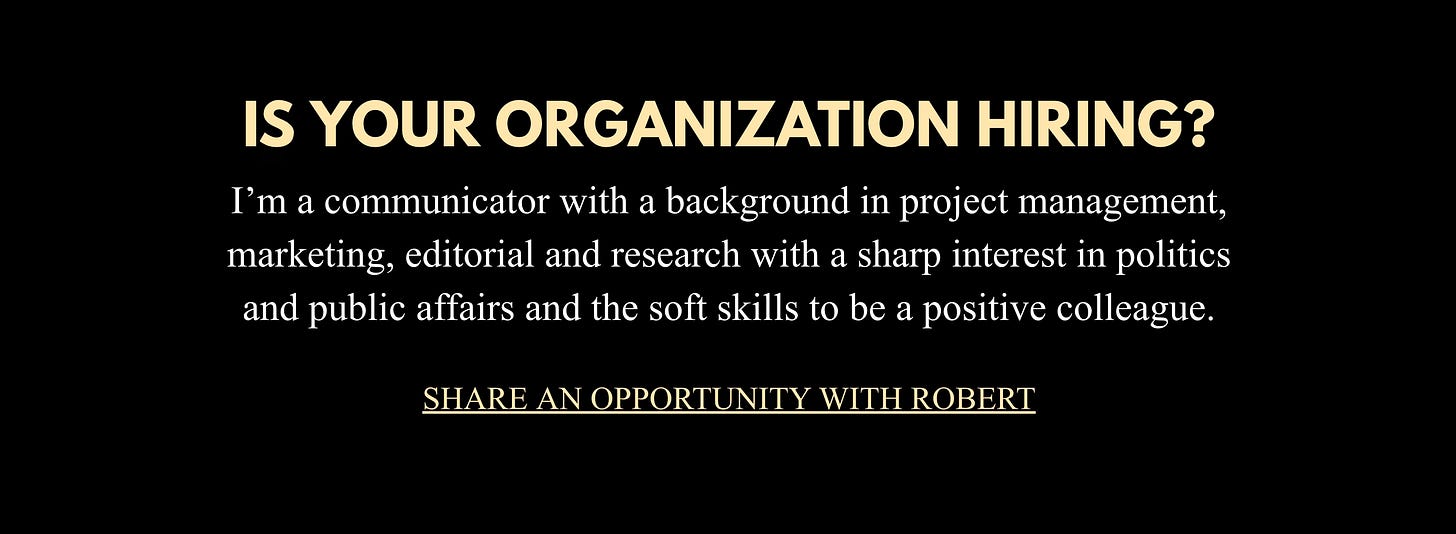Kennedy Isn't The Problem
California, Oregon, Washington and Hawaii take the lead on vaccines as the secretary reveals the peril of centralizing medical guidance.
The West Coast Health Alliance didn’t form out of blue-sky idealism. It was an act of necessity. When Robert F. Kennedy Jr. dismantled the CDC’s vaccine advisory committee—the group that for decades set the country’s immunization schedules—California, Oregon, Washington, and Hawaii banded together to fill the void. They decided not to wait for Washington to right itself. They built their own.
“When federal agencies abandon evidence-based recommendations in favor of ideology, we cannot continue down that same path,” said Dennis Worsham, Secretary of Health, Washington State Department of Health, in a California governor’s office press release announcing the alliance. The effort of the WCHA aims to “finalize shared principles to strengthen public confidence in vaccines and in public health. While each state will independently pursue strategies shaped by their unique laws, geographies, histories, and peoples, these shared principles will form the foundations of the Alliance.”
What started this? Though these four states did form a similar alliance of collaboration during the COVID pandemic, this new effort comes after Kennedy halted $500 million in mRNA research, floated a theory about Tylenol and autism — that the president promulgated as fact in a surreal statement from the White House — and dismissed the scientific panels that tethered federal policy to evidence. The man makes himself easy to criticize. But the revealing problem is that a single secretary can cause this much disruption in the first place. HHS is designed to centralize, and when the center falters, it reveals vulnerabilities in the reflexive demand for federal involvement.
The defense is that none of this is binding. CDC vaccine schedules are “just guidance.” States can set their own rules. Insurers and courts aren’t forced to defer to ACIP — the Advisory Committee on Immunization Practices within the HHS. All true—and yet in practice the guidance has become the standard of care. Out of administrative convenience, state legislatures outsource the complex work of vaccine scheduling to the feds. Over time, that deference to Washington creates a dependency where states can risk losing funding if they deviate from HHS guidelines. States that haven’t developed their public health infrastructure create legal vulnerabilities for schools and insurers who are dependent on federal guidance. Apart from policy, the CDC has developed a brand, if you will, as the end-all-be-all on expertise, something that has been challenged since the COVID pandemic. Kennedy represents an overcorrection of sorts, revealing that states actually do have the medical schools, research hospitalists and public health infrastructure to take up with work the federal government cannot reliably do.
The WCHA out west is more than a vaccine policy. It’s a declaration that states can pool expertise without waiting on Washington. It points to the deeper lesson: we shouldn’t need to hope for a benevolent HHS secretary to keep things on track. We should have a structure resilient enough to withstand a bad one and a long-term period of distrust in federal institutions like the CDC. That means shifting from hierarchy to network. Each state, or group of states, should be capable of maintaining its own advisory process and standards of care. The federal role should narrow to what only a central body can do: coordinate across borders, fund research, monitor outbreaks.
Science itself argues against the centralized model. Good science thrives on replication and competing interpretations. A single authority—whether captured by ideology or simply wrong—can mislead the entire country. Multiple nodes generate resilience. If California veers, Texas need not follow. If Kennedy drags down the CDC, other centers can keep the lights on. The next secretary might be competent and humble, but the system would remain the same: perched on the assumption that guidance from Washington is the one true standard. The stakes we’ve concentrated at the federal level have made that less convincing, not more so.
The lesson is not that Kennedy is unfit. That much is obvious. The lesson is that the country should never again be in a position where one appointee can upend public health.





